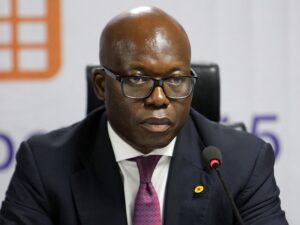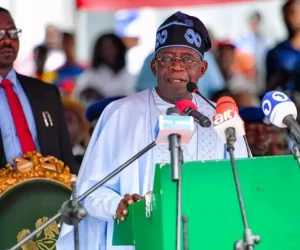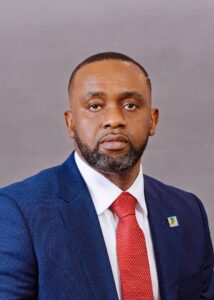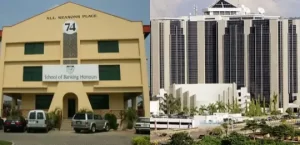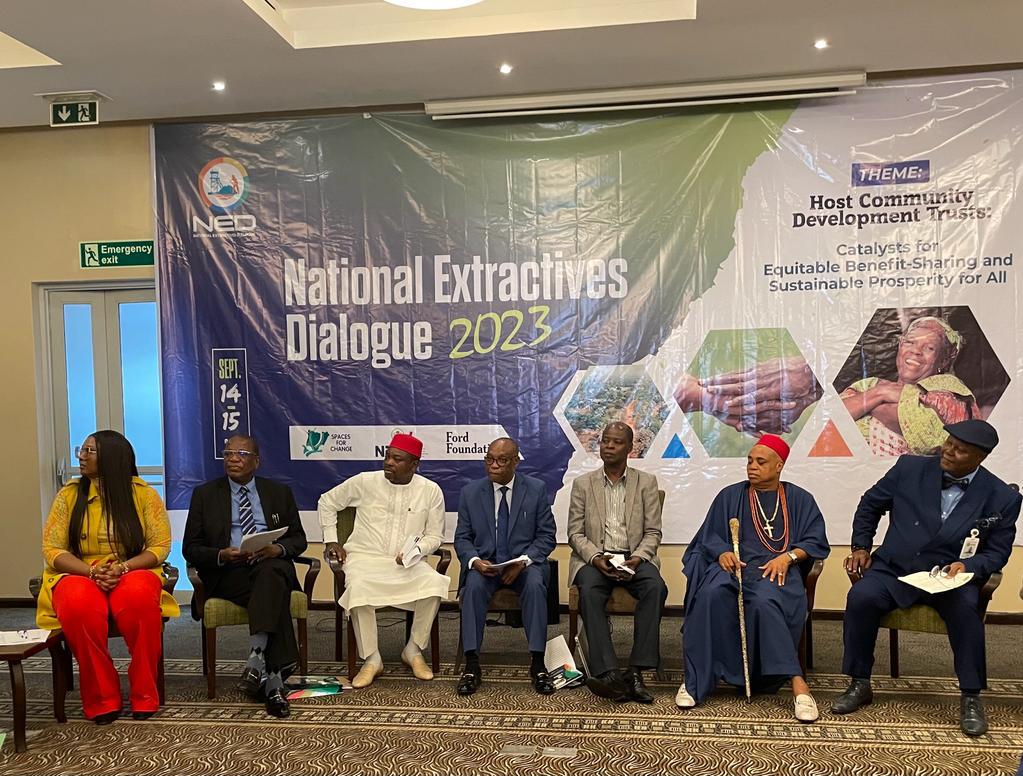
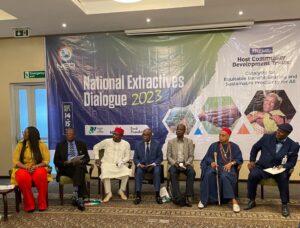
OHAERI URGES COMMUNITIES TO EMBRACE OPPORTUNITIES IN PIA
The Executive Director, Spaces for Change, S4C, Victoria Ibezim-Ohaeri, has urged communities to embrace opportunities offered by Nigeria’s Petroleum Industry Act, PIA, in order to achieve sustainable development.
She said the PIA regime has created the opportunity for communities to get rewarded as the landlords of the various minerals that abound in their areas.
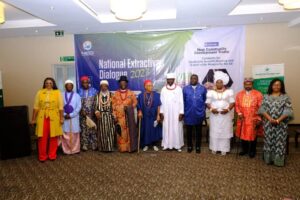
Speaking at the opening of the two-day National Extractive Dialogue 2023, hosted by Spaces for Change in collaboration with the Nigeria Extractive Industries Transparency Initiative, NEITI and with the support of Ford Foundation in Owerri, Imo State, she said: “Chapter 3 of that Act offered a beacon of hope by demanding the creation of the Host Community Development Trusts (HCDTs).”
Under Section 240 of the Act, she said the benefits of natural resources must now flow back to the communities where they came from, stressing that: “Extractive corporations—whether indigenous or international—are now required to contribute 3% of their actual operating expenditure to the Host Community Development Trusts.”
According to her, “host communities now have the right to benefit from natural resources tapped from their backyard. And these benefits are no longer acts of corporate benevolence, but an entitlement to partake in the design, content and structure of their own development, and most importantly, participate in the governance and administration of petroleum resources through their membership of the Board of Trustees, the Management Committees or any of the advisory bodies created under the Act.”
Besides several provisions, she noted that, “The PIA gave birth to the Nigerian Upstream Regulatory Commission, NUPRC, entrusted with overseeing the implementation of HCDTs.
“HCDTs are not just legal constructs; they are instruments of change, vehicles for hope, and beacons of progress,” but represent, “a fundamental shift in how we view, engage and manage natural resources in Nigeria.”
The Executive director, who welcomed stakeholders from Nigeria and Ghana to the important event, said: “Our discussions over the next two years will delve deep into critical matters related to the implementation of HCDTs such as the governance structure and management, funding mechanisms, equitable benefit-sharing and implementation, community participation, project adaptability, monitoring and evaluation, conflict resolution, participatory needs assessment, long-term investments options for communities and intergenerational roadmaps.”
Similarly, speaking at the event, which had “Host Communities Development Trusts: Catalysts for Equitable Benefit Sharing and Sustainable Prosperity for all” as its theme, the Executive Secretary, NEITI, Dr. Orji Ogbonnaya Orji, said: “My presence in Owerri and at this event to support Spaces for Change is in furtherance of our partnership and collaboration with civil society organisations to deepen implementation of EITI at sub-national levels.”
On his own part, the Commissioner, Ministry of Petroleum Resources, Imo State, Professor Eugene Ukachukwu Opara, noted that before the PIA, “Extractive companies within our rural communities were operating under what they coined as Global Memorandum of Understanding (GMoU) as it relates to dealings with their host communities.
“This GMoU was conveniently the most popular instrument for codifying the negotiations and agreement between the extractives companies and their host communities, but it has no force of law behind it.
“The GMoU generated a lot of concerns as it relates to the Imo State Gas project. These concerns were raised in a REPORT by SPACES FOR CHANGE (S4C) which has been working to infuse human rights into the social and economic governance process in Nigeria.”
The Commissioner, said: “Until S4C intervention, Assa North Ohaji (ANOH) host communities signed GMoUs without having external contacts with other organizations and situations that could give them sound legal advice and alternative information that could enrich the quality of negotiations with extractives companies. A negotiation with unequally endowed or unbalanced teams can be exploitative.”
Also speaking, the Commission Chief Executive (CCE), Nigerian Upstream Petroleum Regulatory Commission, NUPRC, Engr. Gbenga Komolafe, said until the coming of the PIA, several administrations had embarked on many initiatives, including the Oil Mineral Producing Areas Development Commission, OMPADEC, to impact communities without much success.
Komolafe, who was represented by the Regional Coordinator, NUPRC, Owerri, A. M. Uviovo, listed the regulatory roles of the NUPRC, stressing that, companies are to release three per cent of the Operating Expenditure, OPEX, to the Trust’s Board of Trustees and “the Account will be maintained by members of the host community in conjunction with the settlor.”
Komolafe pointed out that the choice of projects to embark on will be determined by the communities, adding, “The communities are therefore advised to take ownership of the facilities located in your domain to enable you to obtain the maximum benefit of the provision of Petroleum Industry Act (PIA), 2021.”

